BIEMH 2010 a Success Amid Continued Economic Uncertainty
Machines for cutting large parts, a high degree of customization and "green" manufacturing technology were just some of the noticeable trends at BIEMH 2010.
Share





The mood at the 26th edition of the BIEMH trade show in northern Spain was one of cautious optimism—with the emphasis on “cautious.” Admittedly, things don’t look as encouraging there as in the States, as concerns persist about the financial health of the country as a whole. Moreover, precipitous drops in imports and domestic machine tool consumption since 2008 show precious few signs of recovery, according to AFM, the Machine Tool Manufacturers’ Association of Spain.
That said, Spain remains the third largest machine tool producer in Europe (after Germany and Italy) as well as the 9th largest machine tool exporter in the world. If there’s reason for optimism, it’s here. While still 25 percent below 2008, last year’s exports reached levels not seen since 2006 and represented approximately 75 percent of total production. Germany, France and China are the top three destinations for Spanish machine tools; the United States ranks 10th at 2.8 percent of the total.
Moreover, despite persistent economic difficulties, BIEMH 2010 is being billed as a relative success. Organized by AFM and the Bilbao Exhibition Center (BEC), the biennial event attracted more than 35,000 attendees from 54 countries to Bilbao, nestled in the Basque country in the midst of Spain’s industrial heartland. Exhibitors numbered more than 1,000, with 40 percent of that figure hailing from abroad. These figures exceeded expectations despite being lower than previous years, according to AFM, which adds that 75 percent of attendees rated this year’s BIEMH as “positive.”
Technologies on display ranged from forming and cutting machine tools to accessories, software, metrology equipment and more. Although covering the gamut would be beyond the scope of this article, a few trends worth highlighting are detailed below.
Supersize That
In the United States, the wind power, aerospace and energy sectors are all the rage these days. However, U.S. manufacturers should take note—the Spanish certainly aren’t sitting on their laurels. The majority of builders represented at BIEMH offer massive machines for massive parts, such as turbines, hubs and gear boxes. Just one example is the FR-12000 floor-type boring and milling center from Soraluce, a member of the Danobat Group. This machine is available with X-, Y- and Z-axis travels ranging to 30,000 by 4,000 by 1,600 mm.
Have it Your Way
Few builders offer standard models. Rather, most work with customers to tailor-make machines specifically for individual application requirements. Juaristi’s TX Series machines, for example, feature a modular construction that enables customers to specify the model that best suits their needs. A range of available axis dimensions as well as various models of rotary and tilting tables, probes, toolchangers and other accessories expand the range of work possible on a given machine platform.
Interchangeable spindle head units offered by Juaristi and the vast majority of other Spanish builders are perhaps the most obvious example. Available with various power ratings, speed and torque capabilities, and a range of other options, these heads enable the same machine platform to be used for boring, milling, five-axis or other work. Many models incorporate automatic changers that enable users to switch heads quickly and easily according to different job requirements.
Zayer (a brand distributed in the United States by Republic Lagun) offers one such head that it says is particularly noteworthy. This automatic, 45-degree model can index and lock in increments of 0.001 degree in 360,000 positions, enabling users to orient the tool at virtually any angle.
Eye Toward the Environment
Despite tough economic times, “green” manufacturing seemed alive and well at BIEHM. EDM manufacturer ONA, for example, offers a patented mineral filtering system as an option with all machines. According to the company, this is the first filtration system with no consumable agent to be replaced or discarded. The advantages of this system go beyond environmental friendliness. Eliminating the need to discard or replace filter media can significantly reduce consumable costs. Not to mention the fact that machining never has to be interrupted for servicing the system, even for sludge removal, because it provides a constant supply of clean dielectric.
Machine tool builder Nicolas Correa pursues a methodology it calls Ecodesign for all machine production. All manufacturing operations are organized to meet goals for safety, ergonomics and minimum environmental impact from conception to scrapping. For instance, machine motors automatically go into a “standby” mode when not in use to save energy. Additionally, the company makes efforts to ensure motors are no bigger than necessary for a given machine. It also uses only water-based paints and lubricants. According to the company, these efforts go above and beyond current regulations and requirements currently enforced in Spain and Europe as a whole.
Read Next
Building Out a Foundation for Student Machinists
Autodesk and Haas have teamed up to produce an introductory course for students that covers the basics of CAD, CAM and CNC while providing them with a portfolio part.
Read More5 Rules of Thumb for Buying CNC Machine Tools
Use these tips to carefully plan your machine tool purchases and to avoid regretting your decision later.
Read MoreRegistration Now Open for the Precision Machining Technology Show (PMTS) 2025
The precision machining industry’s premier event returns to Cleveland, OH, April 1-3.
Read More


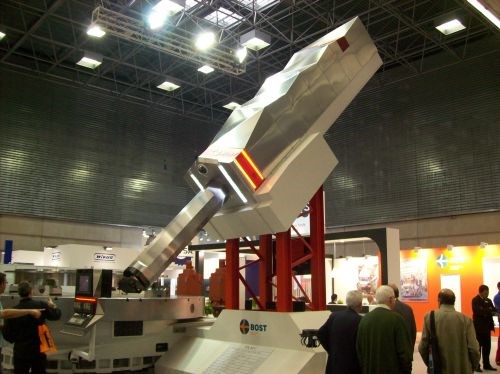
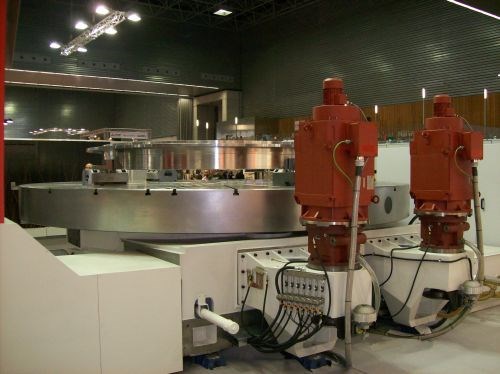
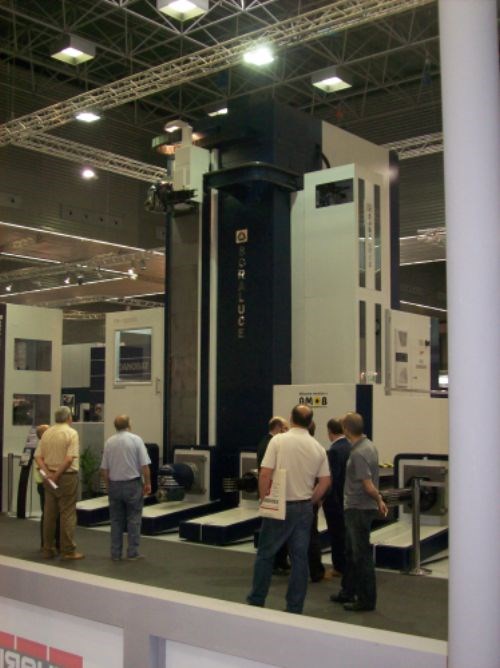
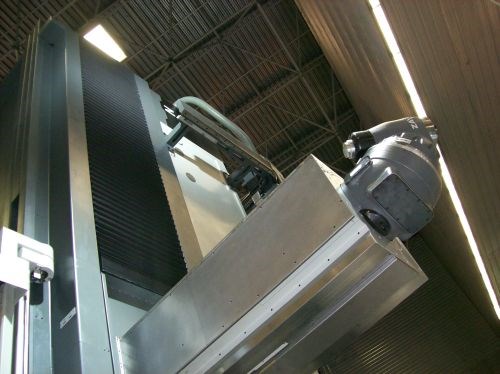
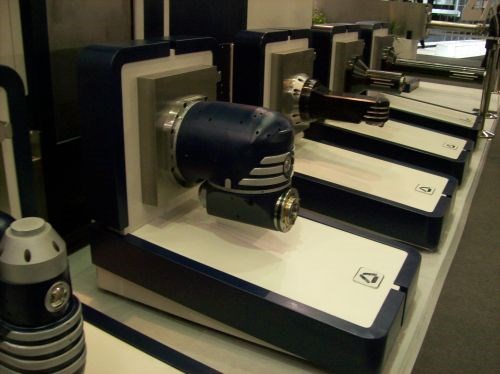
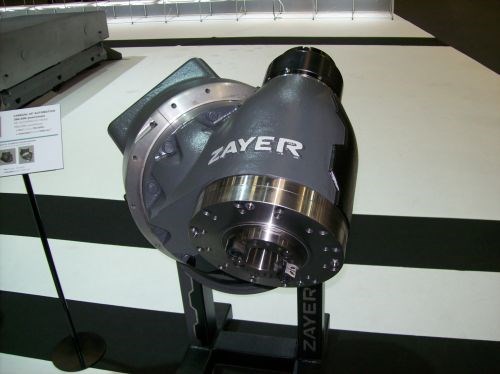
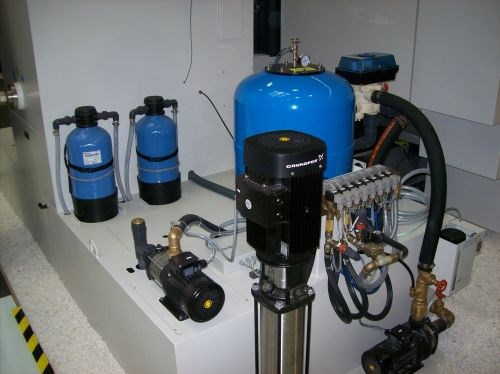





























.jpg;maxWidth=970;quality=90)